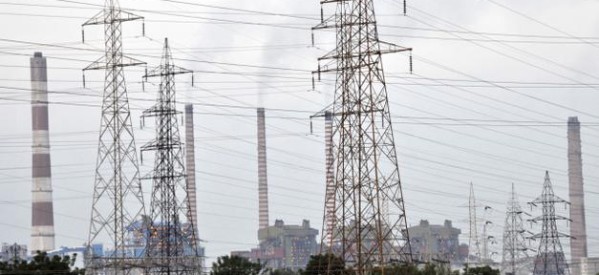Ambitious Advisory Panel Suggests Transnational Power Beltway

In an ambitious move, a high-level advisory panel on power sector has suggested setting up a transnational electricity transmission network that will connect India with various fuel resource rich nations including Iran and Tajikistan. The beltway, as mooted by the panel, could see the Indian power grid getting connected with the Middle East, South, South East Asia and parts of Central Asia.
“The Power Beltway can form the backbone of a transnational land based, Central South, South East Asian grid, also connecting the fuel resource rich Middle East through sub-sea transmission line,” according to the government-appointed advisory panel on power sector.
Set up by Power Minister Jyotiraditya Scindia, the panel’s members include Tata Group Chairman Cyrus Mistry, Reliance Group Chairman Anil Ambani and ICICI Bank Managing Director Chanda Kochhar, among others.
The suggestion for having the beltway has been made by sub-group, of the panel, that looked into ways to improve transmission system in the country. As per the sub-group’s report, the beltway with a power transmission capacity of 2,00,000 MW across the country could be developed over a time period of 25-30 years.
“Such a transational grid will help in the energy security of the entire region, transnational power exchange and could become a major strategic asset and potential forex earner for the country.
“This will also serve India’s strategic position in emerging as a regional player,” the report said. With a generation capacity of about 2,23,000 MW, India is estimated to be world’s fifth largest electricity market.
“The National Power Beltway can be extended to source cheaper power from countries in the Middle East via sub-sea cable, Iran and Tajikistan and sell it to load centres across the South Asian Grid,” the report said.
For funding such a beltway, the advisory panel has suggested pooling of resources through central transmission utility, private sector participation and commercial banks/financial institutions, it added. During the panel’s last meeting on May 28, the issue of electricity transmission was discussed. The panel, which has representatives from power producers and public sector lenders, have already deliberated on various issues related to coal, hydro and gas.






